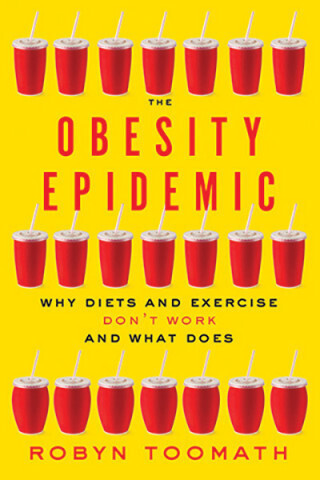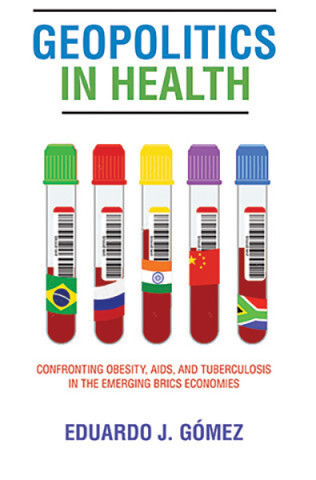
Reviews
This groundbreaking work exposes the strategies by which sugary drink and fast food companies boost profits and sidestep accountability, leaving individuals and health systems to suffer the consequences...[Junk Food Politics] illuminates how this corrupt system of control operates, with corporations pushing unhealthy foods at low prices to [maximize] their profits, while states work with them and become complicit in exacerbating the costs to people and health systems. Gomez offers a groundbreaking perspective on commercial determinants of health, which is desperately needed to capture the complexities and tensions inherent in junk food policy.
I am impressed. No book like this exists; it breaks new ground and will be very useful. The policy implications across the world are significant.
Shedding light on the power of the food and drinks industry, which in theory should be waning but in practice is stronger than ever, this highly readable book takes the classic case of American politics and the corporate sector's power therein and extends it to new contexts in ways that can inform scholarship and indeed activism about the form of corporate power in play. This is a big step forward for food studies.
A masterful analysis of the political and corporate influences that put unhealthy food in the hands of vulnerable populations. Eduardo Gómez has provided a blueprint for shaping a world where industrial interests do not trump the health of populations.
Eduardo Gómez masterfully integrates political science and public health literatures to shed light on one of the world's most pressing challenges—reconciling economic development with public health, especially among vulnerable populations. Junk Food Politics highlights how political will and a principled commitment to population health might ultimately be the only way to undo this Gordian knot.
Across a number of emerging economies, multinational corporations have followed a common playbook, working with governments in the apparent pursuit of policies to reduce noncommunicable diseases such as obesity. When those policies have been adopted, however, the regulatory system has not enforced them, and many countries have failed to pass such policies into law at all. With impressive empirical scope, Gómez shows that making policy together with the junk food conglomerates has not proved nutritious for the body politic.
Gómez makes a timely and persuasive case that companies selling sugary beverages and ultra-processed foods in six large emerging markets have used lobbying, largesse, institutional infiltration, and government partnerships to lock in marketing, sales, and labeling practices that have contributed to the rapid rise of obesity and type 2 diabetes.
In this wide-ranging, theoretically rich study of food politics in developing countries, Eduardo Gómez reveals an entire political economy previously hidden from view. The same arrangements that allow politicians to fund anti-poverty programs also durably trap children in cycles of poor nutrition and higher obesity and shield much of their politics from public view. Junk Food Politics is a triumph of comparative policy analysis.
Book Details
Chapter 1. Introduction
Chapter 2. Revisiting Junk Food Politics: Interest Group Theory, Institutions, and Public Health Policy
Chapter 3. Fear and Opportunity
Chapter 4. Mexico
Chapter 5. Brazil
Chapter 6
Chapter 1. Introduction
Chapter 2. Revisiting Junk Food Politics: Interest Group Theory, Institutions, and Public Health Policy
Chapter 3. Fear and Opportunity
Chapter 4. Mexico
Chapter 5. Brazil
Chapter 6. India
Chapter 7. Indonesia
Chapter 8. China
Chapter 9. South Africa
Chapter 10. Conclusion
References
Index






